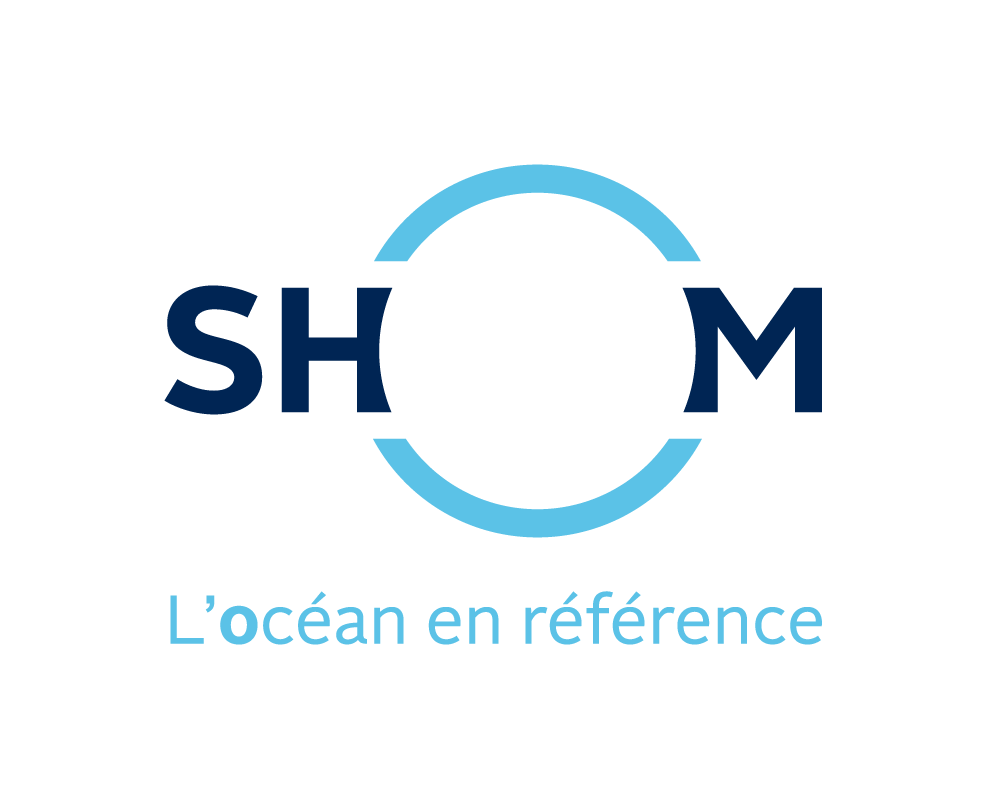wheat
Type of resources
Topics
Keywords
Contact for the resource
Provided by
Years
Formats
Update frequencies
Scale
-
The site of EFELE (Effluents d’Elevage et Environnement) is part of the french network labeled as SOERE PRO. The objectives of EFELE are the same as QualiAgro and Colmar sites : the aim of the project is to characterize the long term effects of organic products applications on soil properties and to quantify their effects on water and air quality. The experimental site was initiated in 2012 and is located in Brittany, at Le Rheu. The soil is a loamy soil (neoluvisol à luvisol/redoxisol). The field is managed with a maize/ wheat crop rotation, and white mustard is sown after the wheat to cover the soil during the intercropping period. Two trials are studied at EFELE site : - A first trial named « PROs » is structured as a complete randomized block design with 4 replicates. The effects of 5 typical animal wastes are compared to control treatments : i) cattle farmyard manure and composted pig manure are applied every 2 years before maize sowing, and ii) layers manure, pig slurry and a digestate obtained after pig slurry digestion are applied in spring, on wheat vegetation at early spring or just before maize sowing. The rates of application range from 50 t ha-1 for cattle manure, 25 t ha-1 for composted pig manure, 20-25 t ha-1 for the slurry and the digestate and 3 t ha-1 for layers manure, - A second trial named « TS/MO » is structured as a band trial with 3 replicates. The objectives of this trial are to study the effects of cattle farmyard manure on soil properties under conventional tillage and reduced tillage. The meteorological data are monitored on the site, and 7 experimental plots are equipped with TDR probes (TRASE system), tensiometers (UMS T4e) and temperature probes placed at the depth of 13, 40, 60, 80 and 110 cm. Data are collected at a hourly time step. 10 plots are also equipped with wick lysimeters (0.25 x 0.50 m) placed at the depth of 40 and 90 cm. The monitoring of N2O and CO2 emission is done by a set of 6 automatics chambers. The soil surface layer (0-25 cm) is sampled every year before the animal wastes application, to characterize the evolution of the physical, biological and chemical properties. Soil, plant and animal wastes samples are kept in collection.
-

The site of Colmar is part of the French national network SOERE PRO (System of Observation and Experimentation for Environmental Research on Organic Residue Recycling). The objectives of the site of Colmar are to characterize the agronomic value of organic residues and their environmental impacts, in a long-term field experiment. It has been initiated in 2001 (INRA / SMRA68 / ADEME / Agence de l’Eau Rhin-Meuse partnership). The experimental site is located in Colmar (Alsace, France) with a continental climate. The soil is a calcisoil (surface layer: 24% clay, 69% silt, 7% sand / 2.4 % organic matter / pH 8.3). The trial is composed of 60 plots of 90 m² (10 m x 9 m) on 2.2 hectares with 4 replicate blocks of 6 organic treatments randomly distributed within each block: Urban sewage sludge, Composted sewage sludge, Biowaste compost, Farmyard manure, Composted Farmyard manure, Control without organic amendment. The organic amendments are spread every 2 years on the same nitrogen rate of 170 kg/ha. The different treatments received 2 levels of additional mineral fertilizer: without or optimum mineral fertilization. The crops rotation is corn maize / winter wheat / sugar beet / malting barley. Site and plots are equipped for continuous monitoring of meteorological data, soil humidity, water tension and temperature. One plot of each treatment is equipped with wick lysimeters to a depth of 0.45 m. Since 2009, six large lysimeters (4m² and 1m deep, bare soil) complete the field experiment, with 2 replicates of 3 organic treatments: Urban sewage sludge, Composted sewage sludge and Control without organic amendment. They are also equipped to measure the hydrodynamic balance: soil humidity, water tension, temperature, volume of leachate. A Large set of variables mainly including nutrients and pollutants (trace elements, PAH, PCB), are monitored on different compartments of the agro-system: organic amendments physico-chemical and biochemical characteristics, soils analytical characteristics per layer, crop yields, plants quality, rainwater chemical composition, leachate, microbial biomass and activities. Data will be stored in a common database specifically developed for the SOERE PRO network and connected with other SOERE. Soils, organic amendments and plants samples are kept in collection and available for further measurements.
-

The Lusignan platform is dedicated to temporary grassland. It has been designed to increase our understanding of the effects of management of mixed arable crops / grasslands systems on the environmental outputs. The main scientific issue concerns the effects of grassland duration and management on SOM dynamics (quantity and composition), GHG emissions (CO2, N2O), nutrient lixiviation and functional biodiversity.
-

The Estrées-Mons platform is dedicated to arable crops. It evaluates the effect of agricultural practices on C and N cycles in the soil-plant system and their interaction. Nitrate leaching, SOM evolution and GHG emissions (CO2, N2O) are monitored according to level of N intensification, crop residues export, soil tillage and legume frequency. The key issue is to understand how the wide variation in C and N inputs affects C and N cycles in more or less intensified systems.
 Metadata catalogue
Metadata catalogue